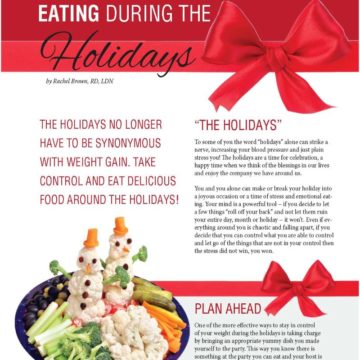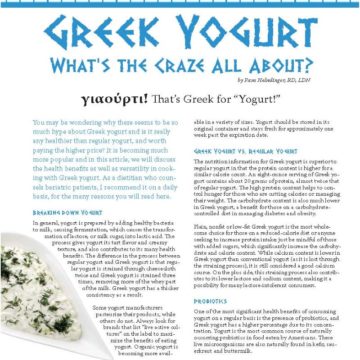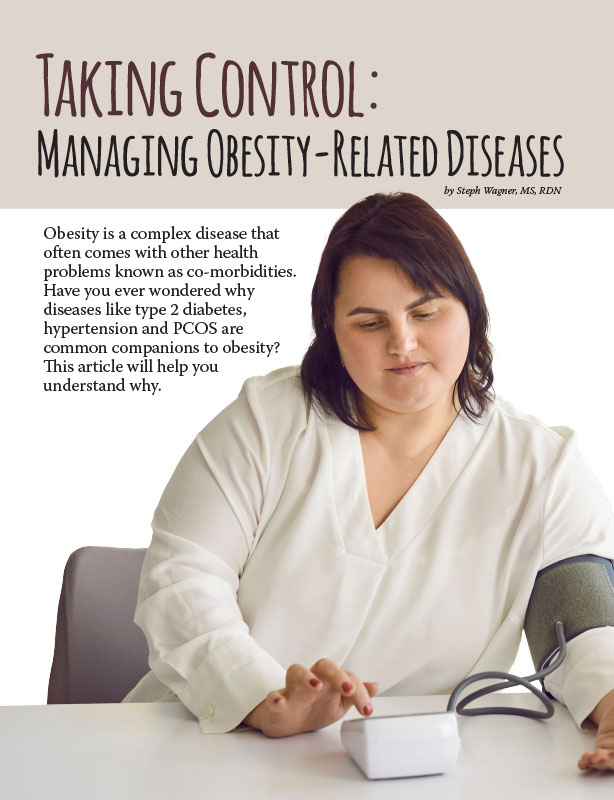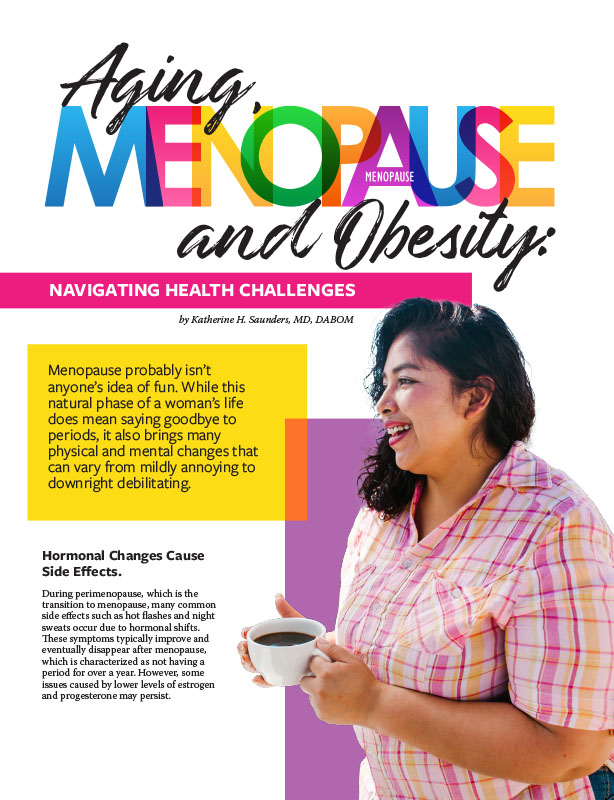Obesity Complicates Dental Health

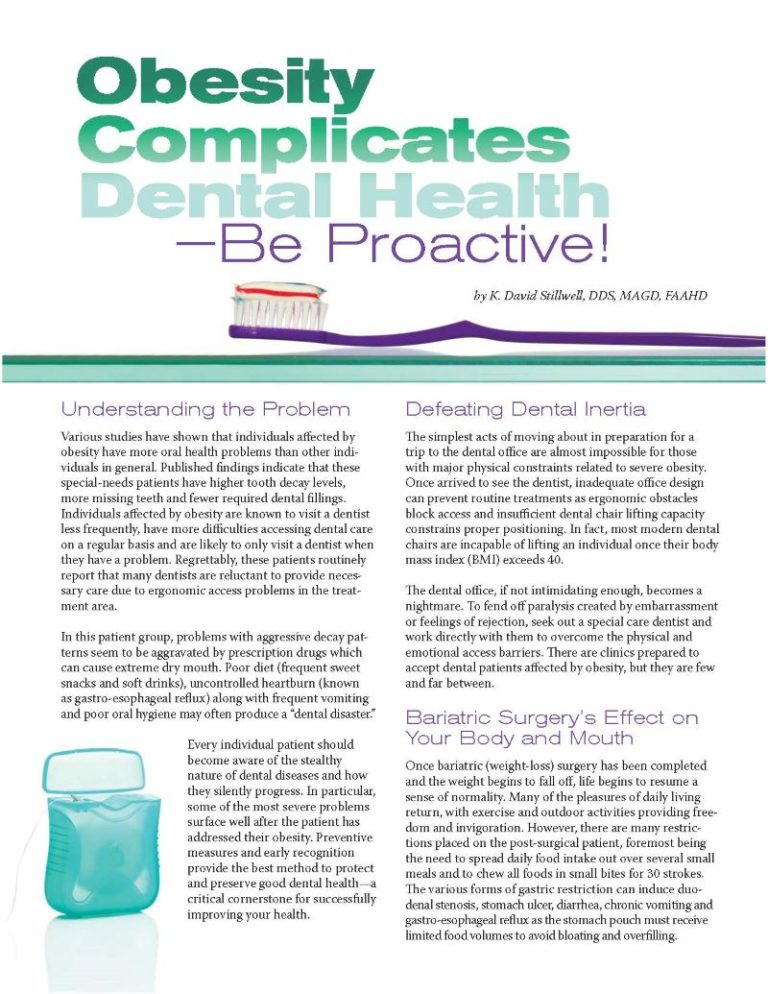
by K. David Stillwell, DDS, MAGD, FAAHD
Fall 2012
Understanding the Problem
Various studies have shown that individuals affected by obesity have more oral health problems than other individuals in general. Published findings indicate that these special-needs patients have higher tooth decay levels, more missing teeth and fewer required dental fillings. Individuals affected by obesity are known to visit a dentist less frequently, have more difficulties accessing dental care on a regular basis and are likely to only visit a dentist when they have a problem. Regrettably, these patients routinely report that many dentists are reluctant to provide necessary care due to ergonomic access problems in the treatment area.
In this patient group, problems with aggressive decay patterns seem to be aggravated by prescription drugs which can cause extreme dry mouth. Poor diet (frequent sweet snacks and soft drinks), uncontrolled heartburn (known as gastro-esophageal reflux) along with frequent vomiting and poor oral hygiene may often produce a “dental disaster.”
Every individual patient should become aware of the stealthy nature of dental diseases and how they silently progress. In particular, some of the most severe problems surface well after the patient has addressed their obesity. Preventive measures and early recognition provide the best method to protect and preserve good dental health—a critical cornerstone for successfully improving your health.
Defeating Dental Inertia
The simplest acts of moving about in preparation for a trip to the dental office are almost impossible for those with major physical constraints related to severe obesity. Once arrived to see the dentist, inadequate office design can prevent routine treatments as ergonomic obstacles block access and insufficient dental chair lifting capacity constrains proper positioning. In fact, most modern dental chairs are incapable of lifting an individual once their body mass index (BMI) exceeds 40.
The dental office, if not intimidating enough, becomes a nightmare. To fend off paralysis created by embarrassment or feelings of rejection, seek out a special care dentist and work directly with them to overcome the physical and emotional access barriers. There are clinics prepared to accept dental patients affected by obesity, but they are few and far between.
Bariatric Surgery’s Effect on Your Body and Mouth
Once bariatric (weight-loss) surgery has been completed and the weight begins to fall off, life begins to resume a sense of normality. Many of the pleasures of daily living return, with exercise and outdoor activities providing freedom and invigoration. However, there are many restrictions placed on the post-surgical patient, foremost being the need to spread daily food intake out over several small meals and to chew all foods in small bites for 30 strokes. The various forms of gastric restriction can induce duodenal stenosis, stomach ulcer, diarrhea, chronic vomiting and gastro-esophageal reflux as the stomach pouch must receive limited food volumes to avoid bloating and overfilling.
For many, changing old eating habits after bariatric surgery is extremely difficult and can often set the stage for dental complications. In fact, a recent clinical study reported the following facts:
- 79% reported vomiting as most frequent problem
- 73% did not change their daily oral hygiene habits
- 37% reported eating more sweet foods
- 37% reported major tooth sensitivity
Overeating causes stomach distension which frequently leads to regurgitation and reflux. Dental health is adversely affected by exposing the teeth to caustic gastric juices at pH 1.2 sufficient to dissolve tooth structure (pH 7.0 is neutral). Dentists call this condition “erosion” or “dissolution of dental tissues by chemical process without bacterial involvement.” Patients frequently complain of hypersensitivity to cold, heat and osmotic pressure when erosion is active. This is compounded when cravings for high frequency sugar ingestion set off a feeding frenzy by oral bacteria capable of steadily producing even more acid. The combined acid attacks induce uncontrolled enamel demineralization which can often overwhelm the daily oral hygiene efforts of an individual previously free of dental decay.
Prevention of erosion/demineralization should center on the following:
- Small meals
- Wise food choices
- Specific re-mineralization therapies
- Controlling chronic heartburn, reflux and regurgitation with prescription medications
But, keep in mind that prescription drugs all come with a price tag known as the “side effects.” Bariatric patients are frequently provided with mood elevating medications. These include neurotransmitter reuptake inhibitors, sympathomimetic amines or atypical antidepressants. Persistent, notable dry mouth is the most common side effect of these medications. This dry mouth condition is called xerostomia and it has major dental consequences such as:
- Interference with normal swallowing patterns
- Taste alterations (dysgeusia)
- Interference with speech
- Inability to maintain oral tissue integrity
- Mucositis (chronic mouth irritation and inflammation)
- Dental decay
- Erosion
Saliva is a complex physiologic solution known to contain more than 2,300 different proteins, minerals, enzymes and buffering agents. Insufficient quantity and quality of normal saliva breaks down a key mechanism for neutralizing oral acids. Once the salivary buffering capacity is disrupted, the mouth loses its ability to neutralize acids and foods cannot be flushed away.
Xerostomia then becomes a major predisposing factor for advancing dental disease. Lessening the effects of dry mouth should normally focus on topical application of re-mineralizing dental pastes, neutralizing with simple buffering agents like baking soda, applying antibacterial solutions to reduce dental plaque, obtaining and using saliva stimulants and reducing the influence of prescription side effects when possible.
Control Your Dental Destiny
Access to adequate dental care is a health issue that has far reaching effects on the well-being of an individual. Oral healthcare for individuals affected by obesity is being provided to a limited extent, but much improvement is needed. Your current best ally will be the bariatric professional who is trained to perform pre-operative oral assessments and make appropriate referrals. This intervention will reduce post-surgical dental complications and improve your overall quality of life.
Early identification and treatment of dental conditions is an essential oral health necessity for all individuals. New high-tech dental detection tools can help swing the battle back in your favor, but taking the first step to seek out care can be overwhelming. Take charge, be proactive, pursue the five-point preventive strategy outlined in this article and break the cycle of symptom-driven emergency behavior. Your long-term health depends on it!
What Can I Do?
Breaking the cycle of delayed treatment, erosion and demineralization requires regular guidance and care from your dental health team. Your dentist can create a preventive care strategy tailored to your individual needs by completing a risk assessment. A sound strategy based on the most current evidence should address five interventions:
-
- Modifying the daily diet
- Moisturizing and lubricating the oral cavity
- Neutralizing oral acids
- Re-mineralizing damaged tooth surfaces
- Disinfecting the mouth
Diet Modification
Eat more seeds, nuts, soy, seafood and spinach—this starves decay-producing bacteria and reduces acid levels in the mouth. Reduce acidic foods (breads, pasta, refined cereals, coffee, chocolate, fruit juices, wine) and carbonated soft drinks (soda and sports drinks) each day. Increase your intake of cheese and dairy products to provide calcium and phosphorus needed for tooth remineralization while counteracting acidic foods. Get your heartburn and acid reflux under control by consulting your physician.
Moisturization and Lubrication
Try to increase consumption of fluoridated tap water (bottled water is acidified to increase shelf life and typically has no fluoride). Xylitol-sweetened products are known to reduce dental plaque, but the diet must include 6-10 grams of the sweetener per day to demonstrate anti-decay activity.
Chewing xylitol gum or slowly dissolving xylitol mints three times each day provides the maximum benefit while stimulating natural saliva flow. Some caution should be used when increasing the use of polyol sweeteners (xylitol, sorbitol, mannitol, maltitol). Bariatric patients have reported osmotic diarrhea as a side effect if these sugar substitutes are taken in large quantities.
Neutralization
To fight acid imbalances, increase the pH of the mouth by brushing with baking soda twice a day. Dip the wet toothbrush and heavily coat with baking soda for a quick neutralizing treatment, or rinse four to five times each day with a baking soda solution. If the taste bothers you, skim your toothbrush with regular toothpaste and then dip in baking soda. Changing to baking soda toothpaste is an alternative but produces less buffering capacity. Various commercial buffering agents are available as rinses and lozenges for purchase, but standard baking soda straight from the box is great for disrupting oral bacteria and is a highly effective, inexpensive buffering compound.
Re-mineralization
Fluoride therapy has been the mainstay for professional dental re-mineralization since the 1940’s. This element enhances re-mineralization by forming a low solubility veneer on the tooth surface and it inhibits bacterial metabolic pathways by diffusing into the cells where it prevents germs from reproducing. Specialized high fluoride pastes, gels, rinses and varnishes are frequently dispensed or prescribed by the dental team when an aggressive demineralization problem is identified. Some of the new pastes are specially formulated with precise levels of fluoride, calcium and phosphorus so that all elements needed to reform tooth structure are applied directly to the damaged areas.
Disinfection
Reducing the overall counts of disease-causing oral bacteria is a very difficult problem, as these germs are highly evolved to inhabit this particular region of our body. High potency antibacterial chemicals often irritate delicate oral tissues so professional guidance is highly recommended. Generally, many dentists continue to endorse daily rinsing with Listerine® mouthwash for 1 minute twice a day prior to brushing and flossing. Prescription-strength Chlorhexidine 0.12 percent rinsed twice a day is an acceptable alternative, but many patients suffer taste alterations and heavy staining with this product. Some probiotic formulas have been introduced recently to out-compete the plaque bacteria, but studies on their effectiveness are not yet complete. Effective daily plaque disruption using good cleansing technique remains the best method of bacterial control.
About the Author:
K. David Stillwell, DDS, MAGD, FAAHD, currently serves as associate professor with the University of Arkansas for Medical Sciences’ College of Health Professions where he directs their Oral Health Clinic and the postgraduate residency in advanced general dentistry. He holds American Dental Association and American Dental Education Association memberships where he actively follows matters related to dental legislation, dental advocacy, student education and access to care.
by Steph Wagner, MS, RDN Spring 2024 Obesity is a complex disease that often comes with other…
Read Articleby Katherine H. Saunders, MD, DABOM Spring 2024 Menopause probably isn’t anyone’s idea of fun. While this…
Read Articleby Sarah Ro, MD; and Young Whang, MD, PhD Fall 2023 Mary, a postmenopausal woman with a…
Read Article




